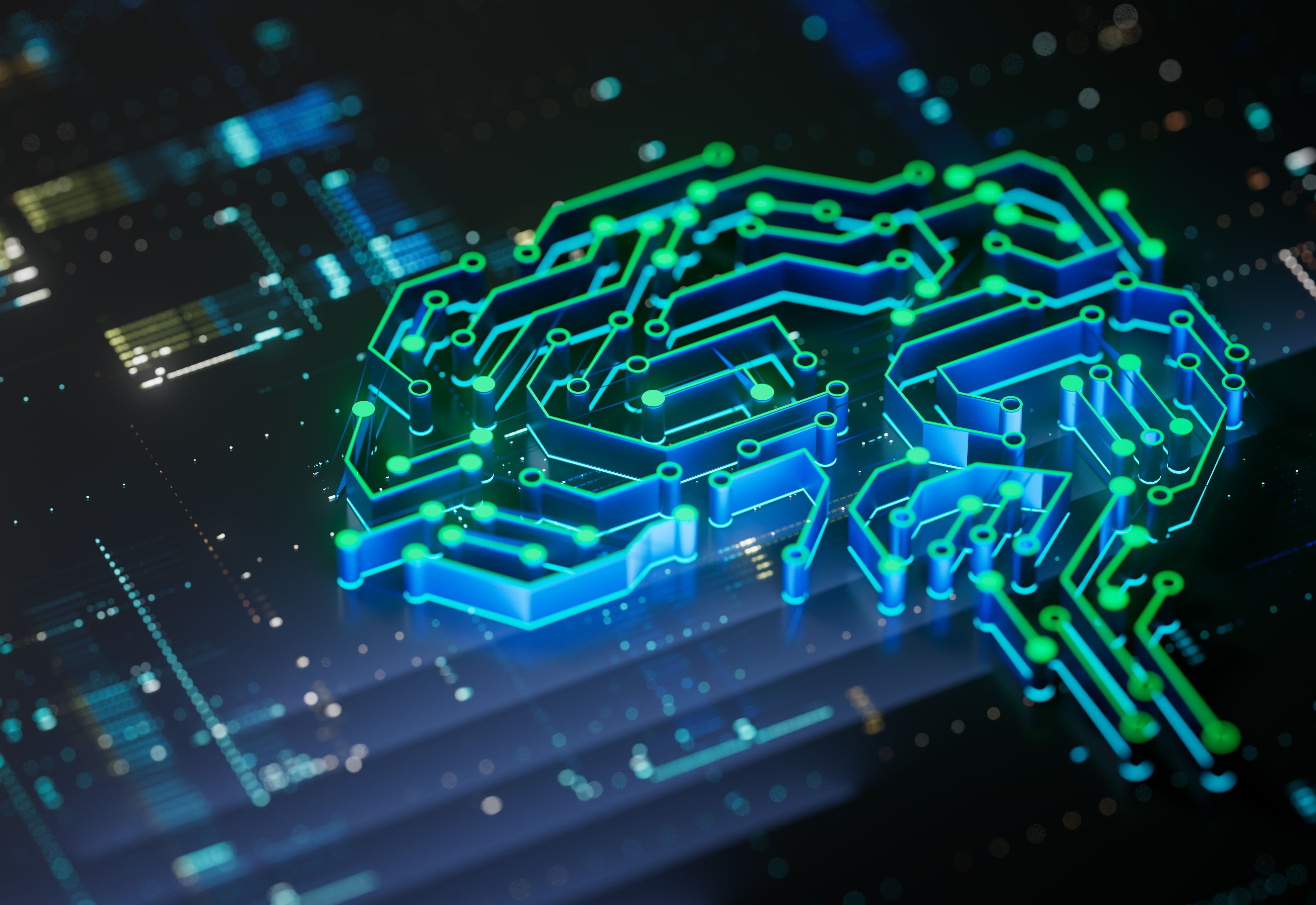Understanding AI Agents: A Beginner's Guide
AI
What Are AI Agents?
Artificial Intelligence (AI) agents are software programs designed to perform specific tasks by simulating human intelligence. These agents can learn from data, make decisions, and execute actions autonomously or with minimal human intervention. AI agents are found in various applications, from virtual assistants like Siri and Alexa to complex systems in autonomous vehicles and industrial automation.

Types of AI Agents
AI agents can be categorized into several types based on their capabilities and level of autonomy. Here are a few common types:
- Reactive Agents: These agents operate solely on the current input without retaining any memory of past actions.
- Limited Memory Agents: These can utilize historical data to make decisions, improving their performance over time.
- Theory of Mind Agents: These are more advanced and aim to understand emotions, beliefs, and thought processes of humans.
- Self-Aware Agents: Theoretical agents that possess self-awareness and consciousness, a concept still in its infancy.
How Do AI Agents Work?
AI agents rely on various algorithms and data to function effectively. They process input data through machine learning models, which help them recognize patterns and make informed decisions. The core components of an AI agent include:
- Perception: Gathering information from the environment through sensors or data feeds.
- Decision-making: Analyzing the data to determine the best course of action.
- Action: Executing the chosen action to achieve a specific goal or task.

Applications of AI Agents
The versatility of AI agents allows them to be applied across numerous industries. In healthcare, AI agents assist in diagnosing diseases and recommending treatments. In finance, they aid in fraud detection and algorithmic trading. Marketing uses AI agents for personalized customer experiences, while manufacturing benefits from predictive maintenance and quality control.
Benefits of Using AI Agents
AI agents offer numerous advantages that make them valuable assets in various fields. Some benefits include:
- Efficiency: Automating repetitive tasks allows organizations to save time and resources.
- Accuracy: Reducing human error enhances the precision of tasks performed.
- Scalability: AI agents can handle large volumes of data and operations without compromising performance.

Challenges and Considerations
Despite their advantages, AI agents also present challenges. Ethical considerations are crucial, as biased algorithms can lead to unfair outcomes. Security is another concern, as AI systems can be vulnerable to cyberattacks. Additionally, the integration of AI agents into existing systems often requires significant investment and expertise.
The Future of AI Agents
The future of AI agents holds immense potential as technology continues to evolve. We can anticipate more sophisticated agents with enhanced capabilities in natural language processing, emotional intelligence, and automation. As research progresses, AI agents will become more integrated into our daily lives, transforming industries and societal norms.
In conclusion, understanding AI agents is essential for anyone interested in the technological advancements shaping our world. By grasping their functionalities, benefits, and challenges, we can better prepare for a future where AI agents play a pivotal role in various aspects of life.
